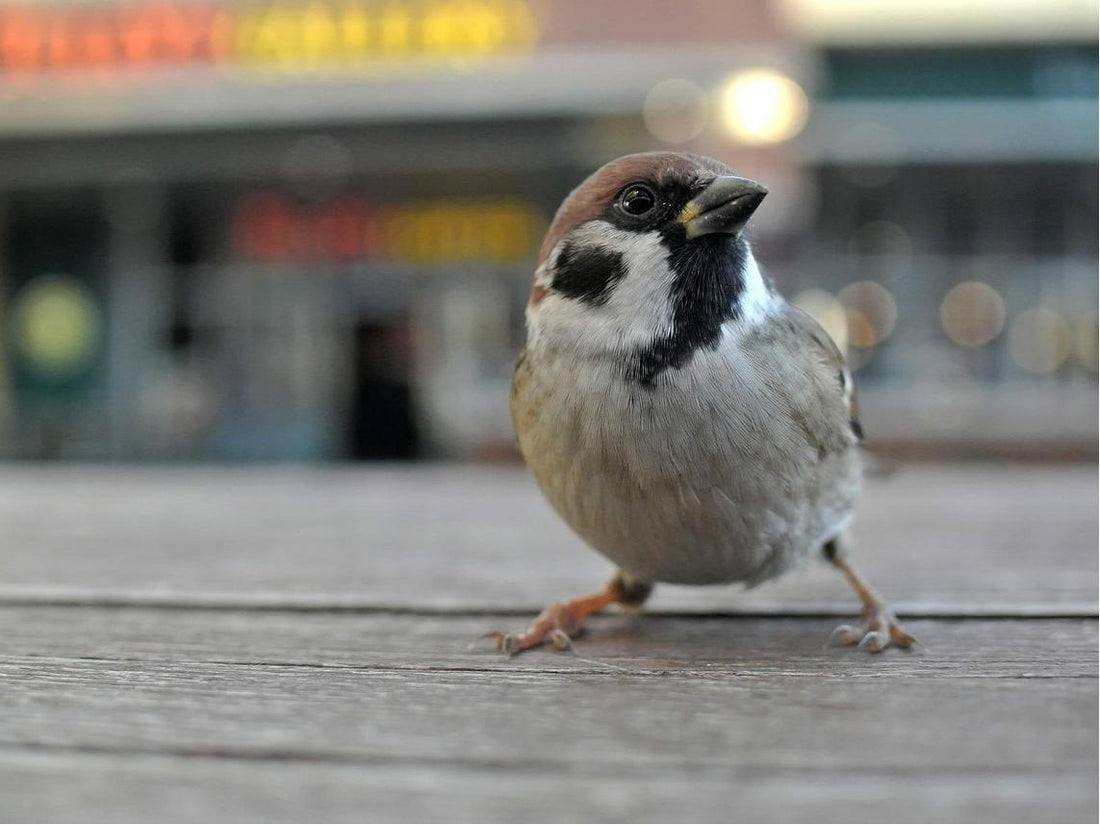When Do Birds Wake Up?
TaylorAlice
In the early morning, when people are still asleep in their sweet dreams, some lovely little elves wake up quietly. In the silence, one whisper after another broke the silence - it turned out that the birds had begun their morning chat time.
Have you ever wondered when these little sky creatures get up to start their busy day? Is there a common "alarm clock" in the world of birds? The answer might be much more difficult than we imagined.
The differences in the daily lives of various birds
Not all birds follow the same schedule. Some like to be active during the day, while others venture out at night.
Some nocturnal birds, such as owls, are usually active at night and sleep soundly in their nests during the day.
But even for some diurnal birds, the wake-up times are different. For instance, Robins are renowned for their early morning songs, which can start an hour before sunrise, although birds like the red-eyed bird might begin their early morning serenades later.
These different activity patterns reflect the adaptability of birds to the ecosystem. For instance, nocturnal birds evade competition from other birds by being active and hunting at night.
The wake-up time of diurnal birds
For most birds that are active during the day, which we often refer to as diurnal birds, the main signal that wakes them up is the rising sun.
The daily routine of these birds is similar to that of humans. They go out to forage during the day and look for a safe place to sleep soundly at night.
Generally speaking, these birds start to become active around dawn, or about an hour before sunrise. This is because it is easier to spot insects and other prey in the early morning light, and predators may not be fully awake yet, making it relatively safer to go out.
The Biological Clock of Birds
The reason why they can wake up at a specific time every day is largely due to the precise "biological clock" in their bodies, also known as the circadian rhythm. This internal clock regulates their sleep cycles.
Birds have photosensitive receptors in their eyes, pineal glands and even deep in their brains. At the molecular level, a set of mechanisms known as "clock genes" drive the operation of these rhythms. This complex interaction between internal biological mechanisms and external environmental signals ensures that birds can be active and rest at the best time.
Factors Affecting Birds' Wake-Up Time
Season and Weather
Like people, different seasons of the year can affect the wake-up time of birds.
In summer, the sun rises earlier and birds like to start a new day earlier. In winter, the sun rises later and their wake-up time may be postponed accordingly.
Besides, some weather conditions that prevent them from going out can also affect their wake-up time. For instance, as the temperature rises, birds may wake up earlier, while overcast or rainy days may delay their wake-up time.
Artificial lighting
It is particularly worth noting that artificial light at night (ALAN) has a significant impact on the daily routines of birds.
Overly bright lighting can make the birds mistake it for dawn, causing them to start chirping and moving early. This kind of behavior will have a negative impact on their health patterns and sleep.
Especially for the birds during migration, long flights have already caused physical fatigue. Light pollution may make them lose their way and increase the risk of death.
Conclusion
Nature is so wonderful, with the song of life being played out every day. The waking time of little birds, seemingly a simple question, actually contains profound scientific principles and complex connections with the environment.
While enjoying the chirping of birds in the early morning, let's also cherish and protect our common home more, so that these lovely little lives can continue to sing freely in the melody of nature.
